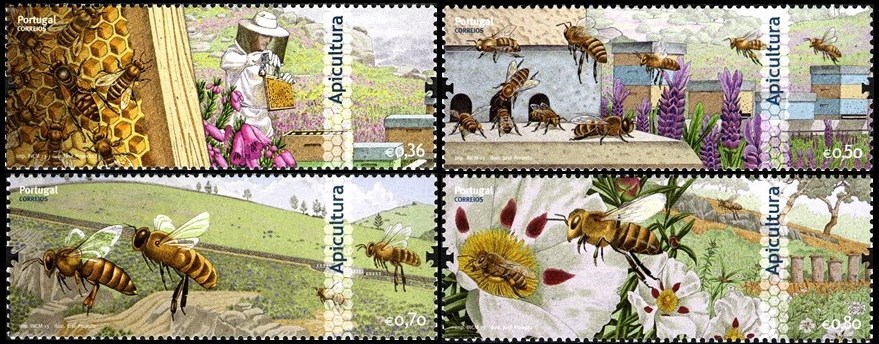Neil Mossop knows bees. His family's been in the honey business in Tauranga for more than 70 years. But that experience couldn't have prepared him for the shock of finding nearly 200 of his hives decimated - six million bees wiped out. "There was just a mat of dead bees," he says. Initially, Mossop thought his bees had been deliberately poisoned. But once that was ruled out, he had an inkling as to what was killing them.
"The beehives were close to maize paddocks and then we thought well they may have sprayed something," he says. And his hunch may have been right. New research, sparked by Mossop, found traces of neonicotinoid insecticides in the soil at nine maize fields in the Bay of Plenty, East Coast and Waikato.The sites were chosen because local beekeepers had reported unexplained hive losses during winter.
"It was remarkable that every site that we just happened to grab a soil sample from turned out to have some really high concentrations of these residues in," says Dr Chris Pook, a researcher at the University of Auckland-based Liggins Institute. Maize seeds can be coated with the insecticide before they're planted. The main theory is that the chemical leaches through the soil and on to bordering fields.
"If you're seeing [the] transferring of these residues to wildflowers, to flowering weeds that are forraged on by pollinators and by honey bees, then you're going to see a potentially significant increase in exposure to those insecticides," Dr Pook says.
The loss of bees has been making headlines around the world. Neonicotinoids are now banned in the EU after conservationists raised red flags over pesticide spraying.
Our Environmental Protection Authority is looking into it, but at the moment you can still buy some products over the counter. "We are very disappointed and very concerned because we don't know, there seems to be very poor regulations about it," Mossop says. Mossop now moves his hives in winter to prevent any more of his bees dying but he fears others might not be so lucky.
Source: Newshub, 29 Dec 2019
https://www.newshub.co.nz/home/rural/2019/12/maize-crop-chemicals-blame…

- Login om te reageren
